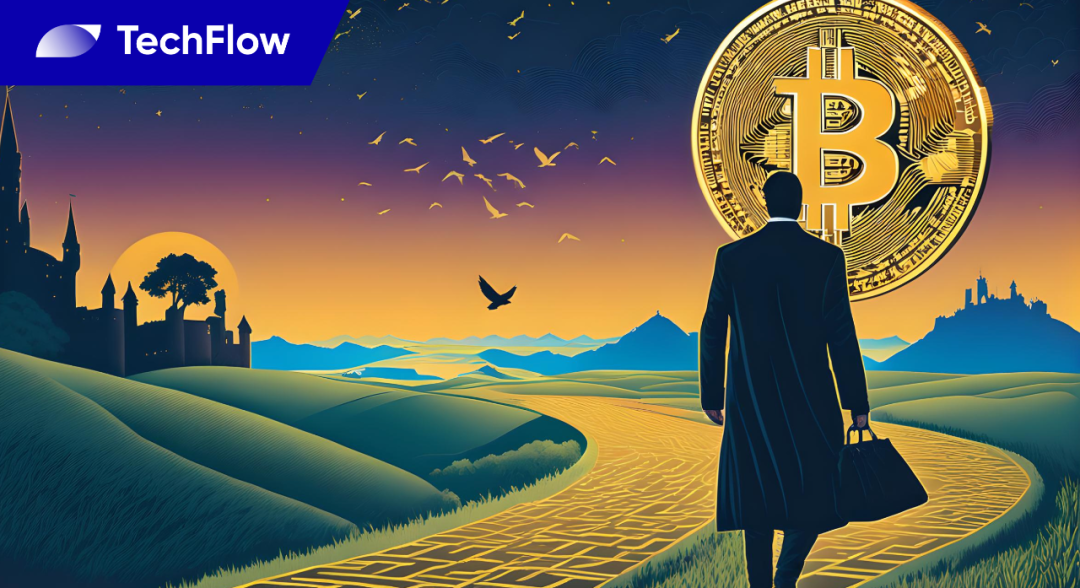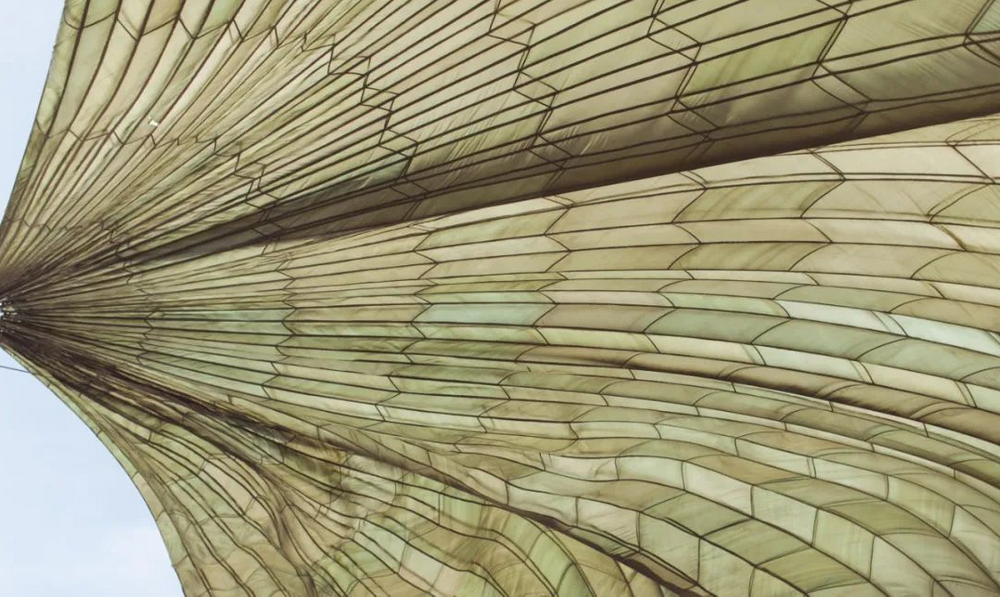Blockchain solves trust issues, UN Secretary-General calls for embrace of blockchain
UN Secretary-General António Guterres says the intergovernmental organization needs to embrace blockchain. In a statement provided to Forbes by the Office of the Former Prime Minister of Portugal (Guterres is a former Portuguese Prime Minister), Guterres said that the technology that became popular through Bitcoin was an important part of the organization, which With billions of dollars in annual budgets, the goal is to build a more sustainable world.

At the time Guterres published this view, China made blockchain a national priority; UNICEF, which holds $ 6 billion, has begun accepting donations from Bitcoin and Ethereum. Guterres' statement shows that the world's largest and highest-level organization is seriously studying cryptocurrencies and blockchain.
The focus of the United Nations is to ensure that the funds donated by donors can be used in the way they plan, while reducing waste in the organization's large-scale supply chain.
- Is the multi-asset support setup a failure? Swiss president thinks Libra needs "rework"
- Behind China's supervision of virtual currency mining in many places, it is really not a recognition of the value of Bitcoin
- Challenges and Prospects of Blockchain 2020: DC / EP is expected to be released, Libra may no longer be "the original look"
Guterres said:
"In order for the United Nations to better fulfill our mission in the digital age, we need to adopt technologies such as blockchain to help accelerate the achievement of sustainable development goals."
This is not the first time Guterres has mentioned blockchain directly. In September 2018, he gave a speech in three languages (English, Spanish, and French) on the lack of global trust-also known as "lack of trust". With the help of artificial intelligence and other technologies, the block Chain can solve this problem and improve the operation of the content department of global organizations.
Guterres, speaking at the UN General Assembly in New York at the time, warned about the possible abuse of "nearly anonymous cryptocurrency payments." He also mentioned how blockchain technology can help achieve the United Nations Sustainable Development Goals (SDGs). The concept was first introduced in 2015 and is planned for 2030 and includes 17 sustainable development goals, including poverty eradication and the reliable production and consumption of goods.
Of the five UN projects that mention blockchain in the UN Innovation Network, three explicitly mention poverty and commodity responsibility. The United Nations agency International Telecommunication Union and the Food and Agriculture Organization have collaborated to track Papua New Guinea's hog supply chain; the United Nations Capital Development Fund is exploring Nepal's blockchain sink; and the United Nations Development Programme is using blockchain to track Ecuador's cocoa supply chain.
In October 2019, UNICEF received the first Bitcoin and Ethereum donations from the Ethereum Foundation, with the aim of using cryptocurrencies to fund global blockchain startups, provided that these companies solve problems Be within the UN plan. UNICEF's US, France, Australia and New Zealand offices are already involved, and other country offices are still studying.
For an organization the size of the United Nations, the difficulty of accepting cryptocurrencies and using blockchain to build other applications cannot be overemphasized. It took years for UNICEF to get approval from dozens of internal stakeholders, just to accept cryptocurrency donations, all for the potential advantage that anyone from anywhere in the world can donate Or receive the same asset, even though prices fluctuate significantly.
Other blockchain applications of the United Nations hope to reduce waste and redundancy between competing institutions within the United Nations, and increase the trust of donors in the organization, believing that their donated funds can be properly used, and these applications may require longer Time to build. Research firm Gartner predicts that 90% of blockchain projects will fail within the next three years.
Guterres will be responsible for its coordination and implementation in the UN Secretary-General's Strategic New Technology plan, and will be supported by a new technical reference group, which will meet each quarter to synchronize related progress. Guterres wrote:
"When we know what works and what doesn't, we will re-examine and update the strategy to ensure its relevance to supporting a culture of innovation and to ensure that our work on a global scale benefits from national and regional levels. experience."
We will continue to update Blocking; if you have any questions or suggestions, please contact us!
Was this article helpful?
93 out of 132 found this helpful
Related articles
- Defenders vs critics: experts respond to Tone Vays' allegations against Ripple
- Tornado: Introducing hidden trading mechanism for Ethereum
- Analysis | 7 Open Source Ideas: What Does Open Source Really Rely On to Make You Big Success?
- 12 million ETHs have been transferred to the Ethereum founding team, and now the flow has become a difficult mystery
- Top 10 keywords for blockchain 2019: Libra, DC / EP, 10.24 speech, IEO in the list
- These articles break the common N Bitcoin rumors
- Messari founder's latest report: Is there still hope for DeFi in 2020?






